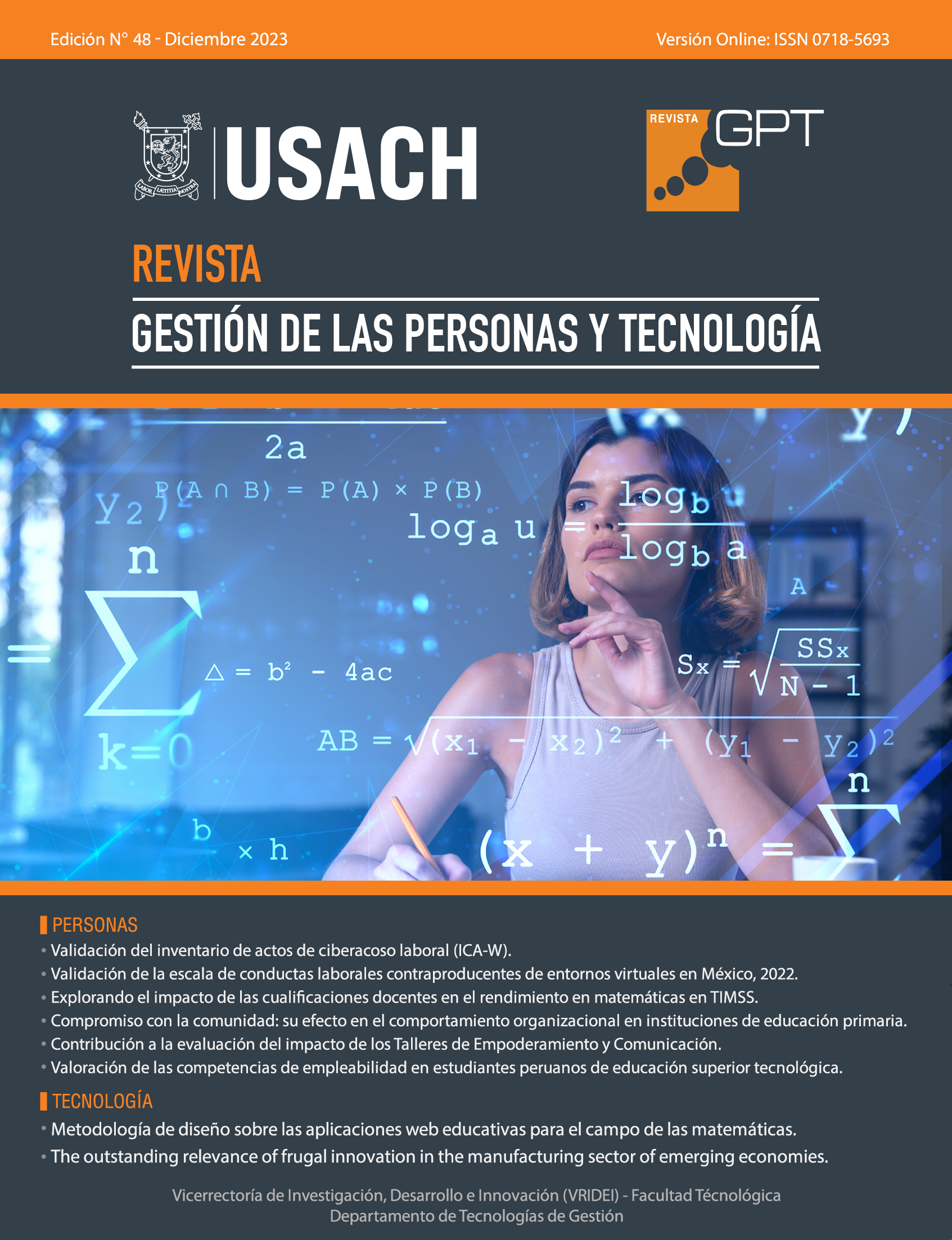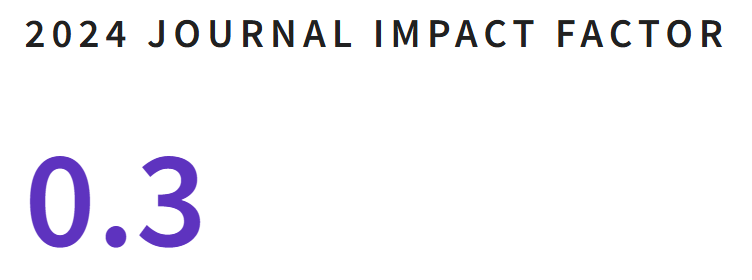Contribution to the evaluation of the impact of the Empowerment and Communication Workshops
DOI:
https://doi.org/10.35588/qrbcv227Keywords:
Impact assessment, Empowerment and Communication Workshops, Complex thinkingAbstract
The article addresses the authors' conception about impact assessment as a complex process. The main evaluation results are reported in the 2018 and 2022 editions of the Empowerment and Communication Workshops (TEC in Spanish) carried out by the Human Change Group (GCH in Spanish) of the Center for Psychological and Sociological Research (CIPS in Spanish). Its objective is to know to what extent it contributes to evaluating the impact of the TEC (an experiential training action) from making people aware, in the short term, of the importance of empowerment. For this, the results of the empowerment survey were analyzed, an instrument used for the first time in 2018 and with adaptations in the 2022 edition. Favorable changes were observed in the majority of the people surveyed in relation to the elements of the inquiry, which in turn, they were linked to descriptors of empowerment previously defined and enriched throughout the process. In the final reflections, the importance of raising awareness achieved in pursuit of more lasting transformations in individuals and organizations is highlighted. The need to deepen the results obtained is advocated and the contributions of the application and analysis of these surveys and of the experience as a whole are recognized, for the evaluation of TEC impact.
Downloads
References
Arenas, P., Cabrera, M., Martínez, M., Piedra, A. M., Álvarez, R., Mayo, C. F., y otros. (2022). Sistematización de los resultados de los Talleres de Empoderamiento y Comunicación y su seguimiento durante el período 2007 - 2017. La Habana: CIPS.
Arenas, P., Tacoronte, Y., Cabrera, M., Piedra, A., Casaña, Á., Barrios, I., y otros. (2021). Metodología de sensibilización con el Empoderamiento. La Habana: CIPS.
Azcué, Y. (2010). Procedimiento para la evaluación del impacto de la capacitación en FORDES. Tesis de Maestría, Centro Universitario José Antonio Echevarría.
Biencinto, C. y Carballo, R. (2004). Revisión de modelos de evaluación del impacto de la formación en el ámbito sanitario: de lo general a lo específico. RELIEVE, 10(2), 101-116. http://www.uv.es/RELIEVE/v10n2/RELIEVEv10n2_5.htm,
Cabrera, M. (2021). Evaluación potencial de competencias y su impacto en una empresa cubana. En Folletos Gerenciales, 25(1). http://folletosgerenciales.mes.gob.cu
Freire, P. (1998). Educación y calidad. En Política y educación. Siglo XXI Editores, S. A.
Kirkpatrick, D. (2007). Evaluating Training Programs. The four levels. Berret – Koehler Publishers, Inc.
Morin, E. (2004). La epistemología de la complejidad. En: Gaceta de Antropología, no. 40. http://www.ugr.es
Real Academia Española. (2001). Diccionario de la lengua española (22.a ed.) en http://www.rae.es/rae.html
Senge, P. (1994). La quinta disciplina. Buenos Aires, Argentina: Ediciones Granica S.A.
Suau, C., (2007). Las voces de las personas y entidades implicadas en la educación como guía para la elaboración de propuestas en la formación permanente del profesorado no universitario” Tesis doctoral. Universidad de Lleida en www.tesisenxarxa,net/TDX-0203108-135758
Vygotsky, L. S. (1987). Historia del desarrollo de las funciones psíquicas superiores. La Habana, Cuba: Editorial Científico Técnica.










